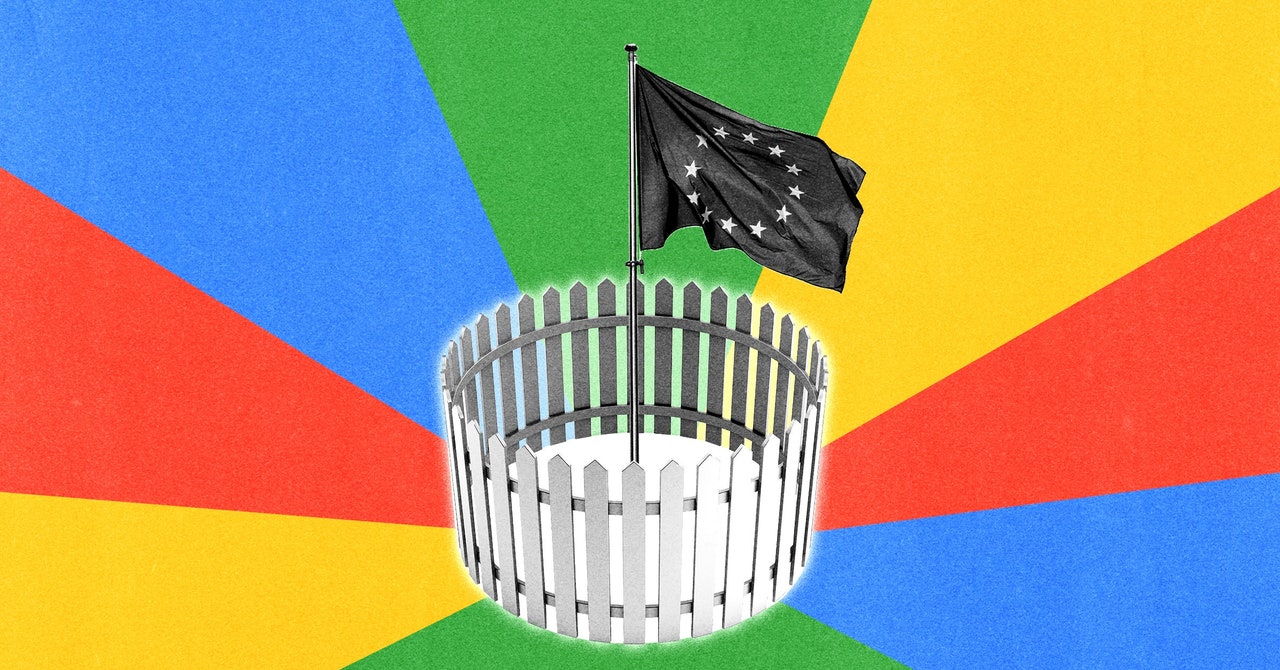The omission of the block refers to the larger power struggle between regulators and Big Tech in Europe. In any case, the search giant needs more time to compare Bard with the EU draft AI law, says Henk van Ess, visiting professor at the Freetech Axel Springer Academy of Journalism and Technology in Berlin. “The proposed regulation emphasizes the importance of transparency and traceability in AI systems,” he says. “It can be challenging for large language models like Google Bard to fully meet this requirement, as the decision-making process in these models can be complex and not easy to interpret.”
AI Act rules can also pose a problem if Google has trained Bard on a dataset that contains errors or biases, adds van Ess. In April, researchers found they could get Bard to deny climate change, mischaracterize the war in Ukraine and question the efficacy of vaccines. “Google is playing cautiously,” said Robin Rohm, founder of Berlin-based AI startup Apheris. “They recognize that Bard could be considered a product enabling high-risk applications, and this could expose them to risk under the proposed regulation. The delay could be an attempt to buy them time.”
All of the high-profile mistakes in the EU could cost the company dearly in the months and years to come. According to Daniel Leufer, a Brussels-based senior policy analyst at the digital rights group Access Now, Google will be sensitive to the fact that whatever happens now is likely to influence the AI law negotiations. “If ChatGPT, Bard, and so on are responsible for serious public blunders in the next six to seven months, then measures that could remedy those blunders could very well find their way into AI law,” he says.
The draft rules of the AI law are not expected to be approved until next year, but other EU regulations could already cause Google headaches. Europe’s new Digital Services Act could also play a role when it comes to including Google Bard in its search setup, says Harshvardhan Pandit, an assistant professor at the Adapt Center at Dublin City University. “Since Bard also serves as a search engine, Google may also be trying to integrate ads into it and not want to fall under the DSA at this point,” Pandit says. The DSA introduces new rules for online advertising.
With competition to build more generative AI services, European privacy laws are already causing problems for new services. “It remains to be seen whether these very large datasets, which are more or less randomly collected, have sufficient legal basis under the GDPR,” says Leufer. At the end of March, Italy’s data regulator temporarily banned ChatGPT for not complying with the privacy rules of the block GDPR. OpenAI had “unlawfully” collected personal information from the internet as part of its training data, the regulator said, and failed to inform people about how their data was used or develop tools to prevent children from using ChatGPT.
The move has led OpenAI to make changes to let people remove more data from ChatGPT, along with a host of other concessions. While ChatGPT is now available again in Italy, the country’s data regulator is still scrutinizing the technology. The decision prompted other EU countries to set up a joint task force to further investigate ChatGPT. Ireland’s data protection authority, which handles GDPR issues related to Google, Meta, Microsoft and Apple, did not immediately respond to a request for comment on whether it had discussed Bard’s rollout in Europe with Google.
However, GDPR rules may be a reason why Bard is not launching in the European Economic Area (EEA), a group of countries that includes the EU bloc, Norway, Iceland and Liechtenstein, Norwegian Judin says. He adds that the Norwegian authority has no information on why the EU and EEA have been barred from launching Bard.

